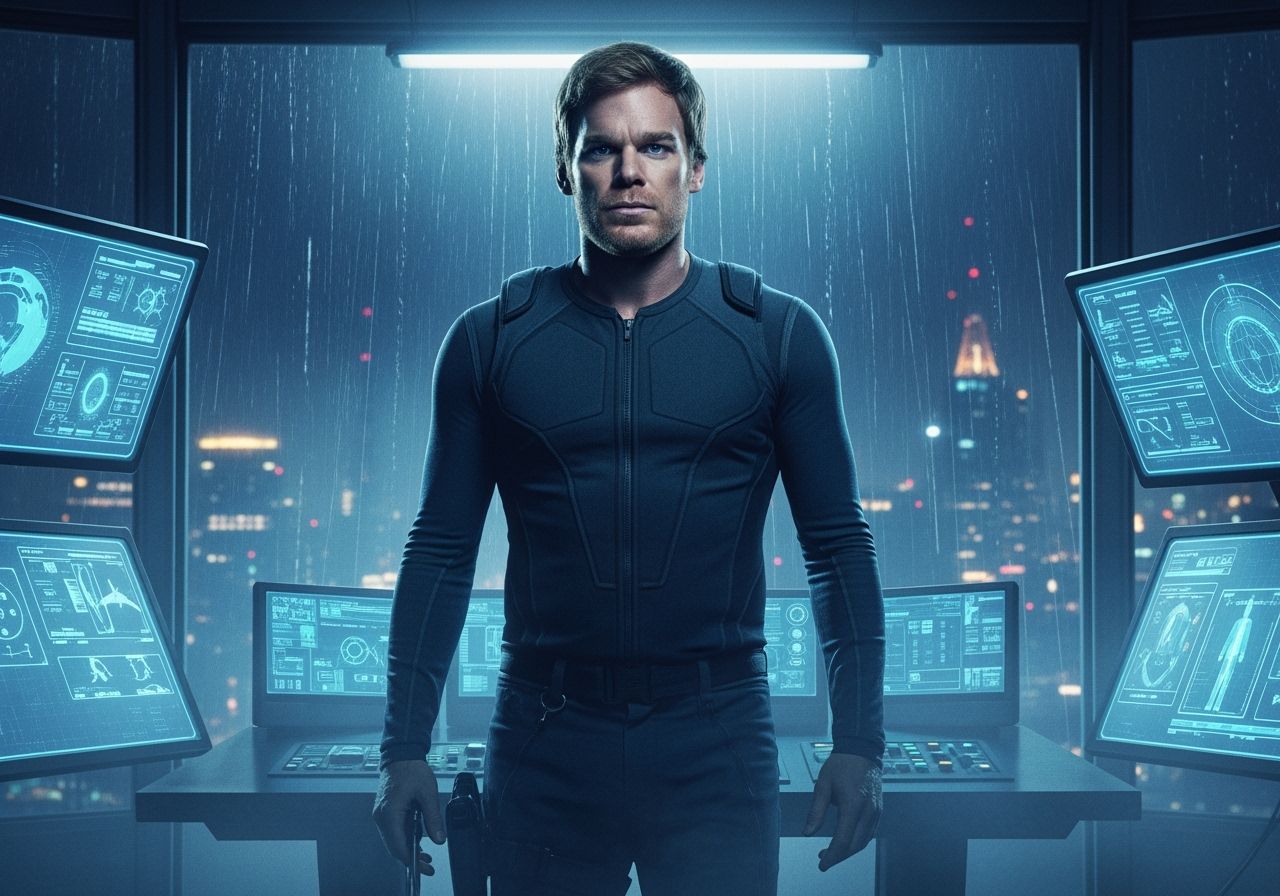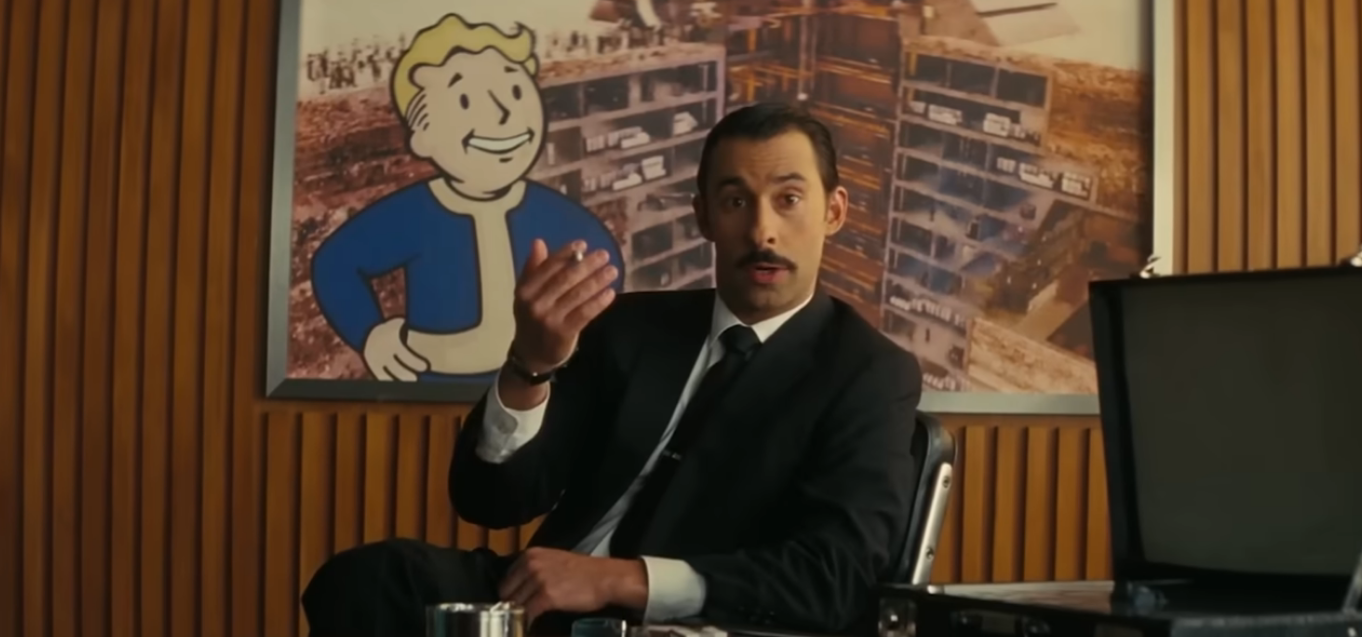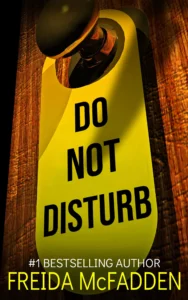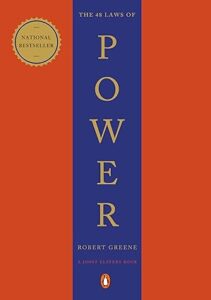The Real Reasons Why Dexter Original Sin Was Canceled.
The shocking news that has every “Dexter” fan talking. Just months after being renewed, Paramount has brought the knife down on the prequel series, “Dexter: Original Sin,” canceling it after just one season. But why was this promising show executed so suddenly?
In this detailed breakdown, we unpack the three key reasons behind the shocking cancellation of “Dexter: Original Sin.”
We’ll explore how the massive Skydance-Paramount merger created a new world order at the studio, why the colossal success of “Dexter: Resurrection” made the prequel expendable, and how the “Prequel’s Curse” ultimately sealed its fate.
👉 Get Dexter Complete Series DVD:
The Unstoppable Success of “Dexter: Resurrection”
“Original Sin” had the unfortunate luck of running parallel to a phenomenon: “Dexter: Resurrection.” While the prequel performed well, earning strong reviews and a solid viewership, “Resurrection” became a certified blockbuster. The return of Michael C. Hall to his iconic role, combined with a compelling, forward-moving narrative, captured the zeitgeist in a way the prequel couldn’t.
- Viewership Numbers: “Resurrection’s” premiere drew a staggering 4.4 million viewers in its first week, significantly eclipsing the (still respectable) numbers for “Original Sin.”
- Critical Acclaim: “Resurrection” currently holds a 94% approval rating on Rotten Tomatoes, marking it as a true critical darling.
Faced with two shows in the same universe, the new Paramount leadership made a strategic choice. Why split resources and audience attention between a prequel with a recast lead and a sequel with the original, beloved star that is both a ratings and critical hit? They decided to consolidate their efforts and money behind the proven winner, making “Resurrection” the sole future of the Dexter franchise.
The Prequel’s Curse
Ultimately, “Original Sin” was always fighting an uphill battle. Patrick Gibson delivered a fantastic performance as a young Dexter, but he was inevitably living in the shadow of Michael C. Hall’s definitive portrayal. The prequel, by its very nature, was a story where the ending was already known. We knew where Dexter, Deb, and Harry would end up. It was a story about the “how,” not the “what.”
“Resurrection,” on the other hand, offered something new: a future we couldn’t predict. It moved the story forward, creating genuine suspense and new possibilities. In a crowded streaming landscape, the allure of the unknown proved more powerful than a journey into the past. The new studio heads are betting that audiences would rather follow the original Dexter into a mysterious future than watch a new actor reenact a history we already know.
In the end, “Dexter: Original Sin” wasn’t canceled because it was a failure. It was canceled because, in the brutal new world of post-merger Hollywood, it wasn’t the biggest success. It became a casualty of a new corporate strategy, a promising story sacrificed to ensure the undisputed reign of the one, true king: Michael C. Hall’s Dexter Morgan.













Post Comment